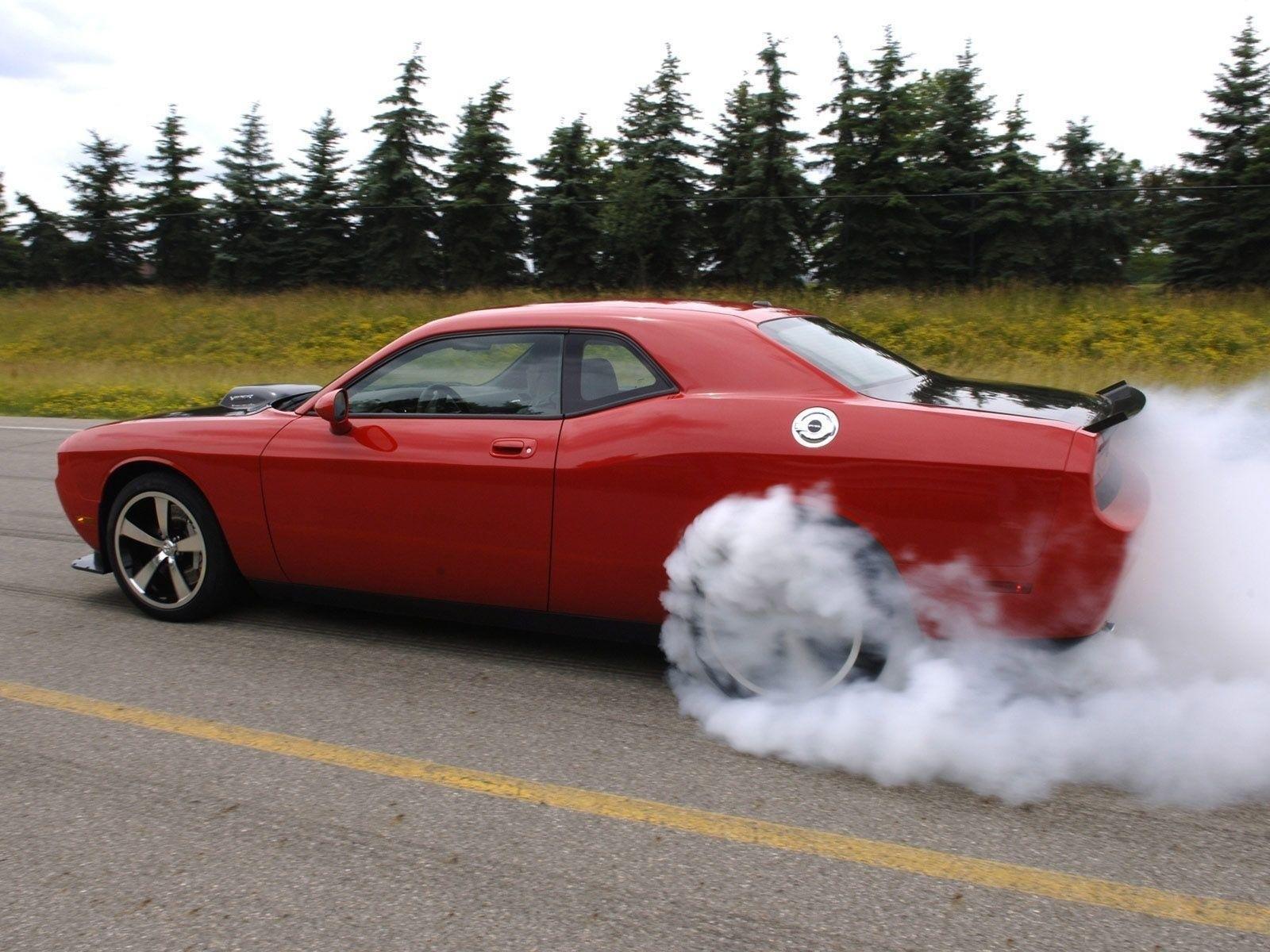Oil leakage, blocked manifold, and clogged air filter are some of the reasons that are causing your vehicle to smoke. Besides, a cracked cylinder head and leaking head gaskets are some other reasons behind a smoking vehicle.
A smoking vehicle requires immediate attention from a mechanic; or else there might be a chance of permanent damage.
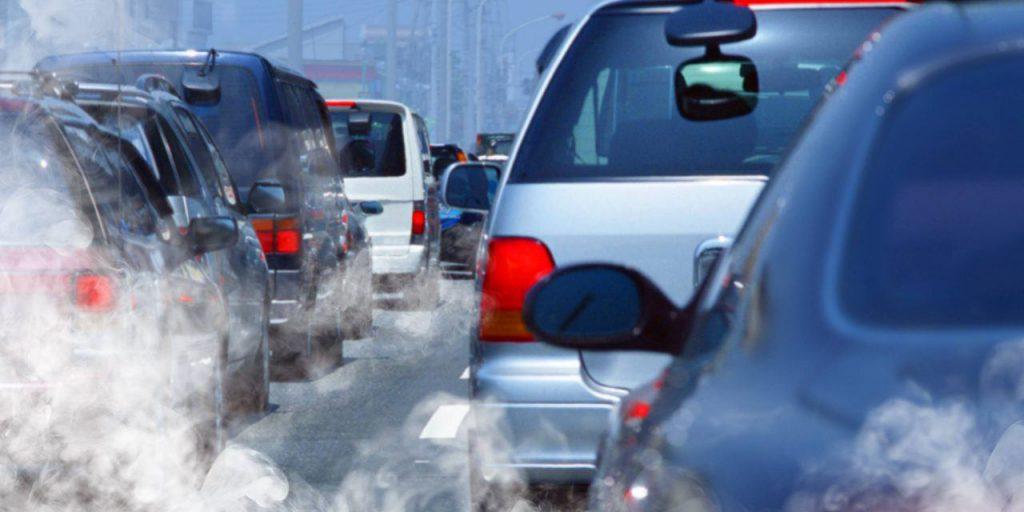
Contents
Types of Smoking Vehicle That You Need To Know
- White exhaust smoke
White exhaust smoke is, in general, a result of vaporized water and coolant in the combustion chamber.
A cracked engine block, cracked cylinder head, and head gasket leakage are commonly responsible for smoke in diesel engines.
A faulty injection system doesn’t let the fuel to burn; so, as a result, there appears white exhaust smoke.
The same problem can also be the result of engine overheating and faulty timing. If the engine doesn’t heat up properly, the same problem may occur.
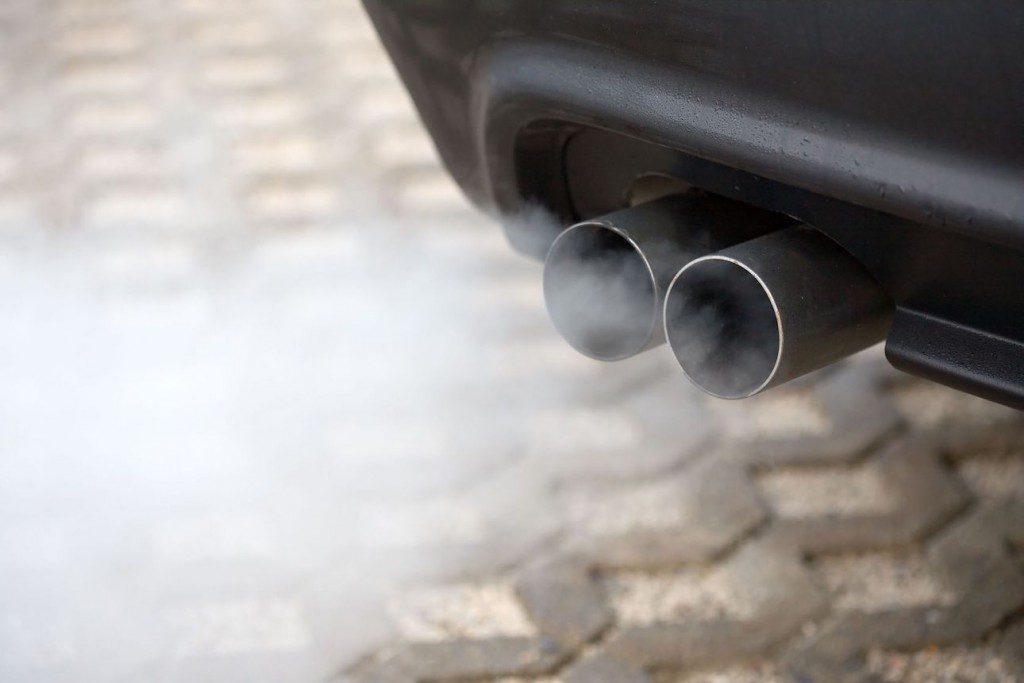
SEE MORE:
2. Black or gray exhaust smoke
Incomplete fuel combustion causes the engine to exhaust gray or black smoke. Incorrect ignition timing and oil leakage onto the exhaust system are some other common causes.
In the case of a gasoline engine, it could be the result of malfunction in the emission system, choke, incorrect fuel injection, and a faulty carburetor. Engine overheating and wrong fuel grade are more common in a diesel engine.
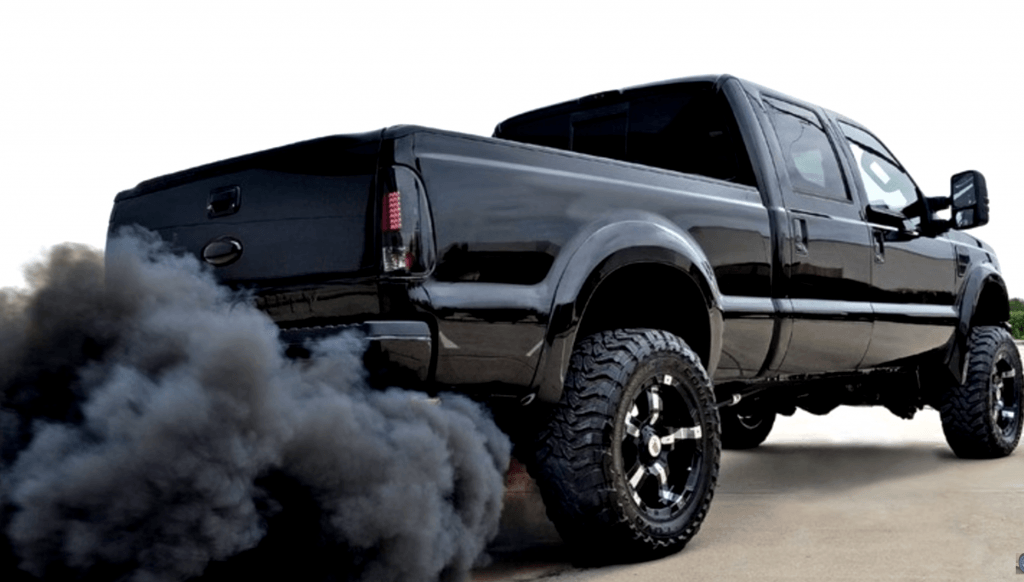
In gasoline engine models with carburetors, fuel and black smoke may be due to faulty wind turbines, metal or plastic leaks into the gasifier, low fuel float and fuel filter are both dirty.
For modern fuel injection systems, black smoke in the exhaust comes from one or several injectors leaking, excessive spray pressure, broken oxygen sensor or faulty controller.
3. Blue exhaust smoke
The last on the list of smoking vehicle is blue smoke, which is caused by atomized or burned engine oil. Worn cylinders, rings and valves are typically responsible for this.
If you are driving a gasoline engine, it could be that oil is spilling into the combustion chamber, little by little. And in a diesel engine, it is the outcome of high oil levels.
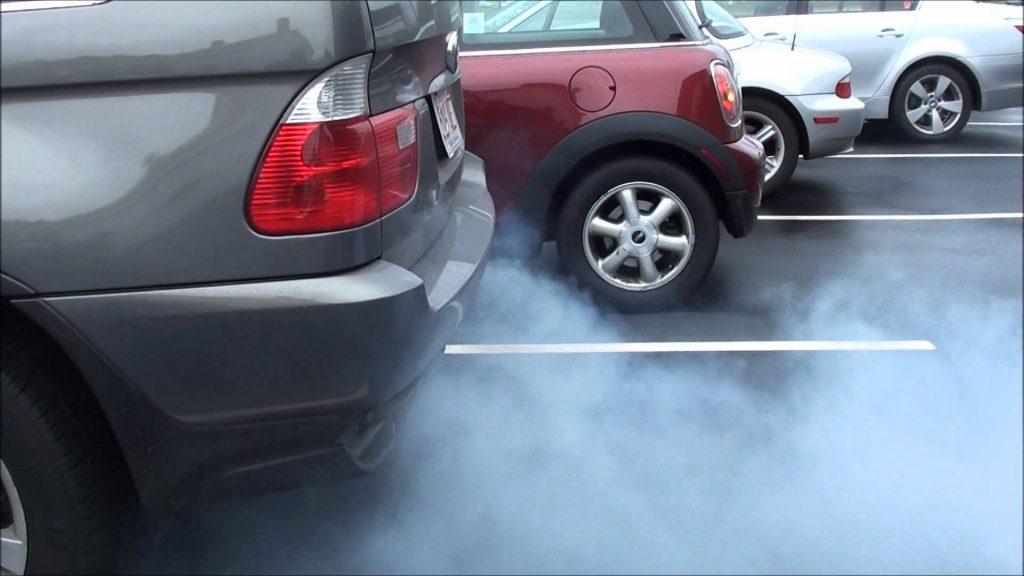
>>>> If you’re interested in some types of cheap used cars, CLICK HERE for more details!
Why Can’t You Keep Driving When Your Engine Is Smoking?
Close to the punishment for being a polluter there is additionally the issue of contamination to the earth at a genuine and good level.
The more individuals that ensure they have a motor in great working condition in their vehicles, the less contamination we have.
This will enable all of us to limit harm to our common air quality and slice the hindering impacts to human well being.
So consider every one of these things when you are working out what to do with your old smokey.
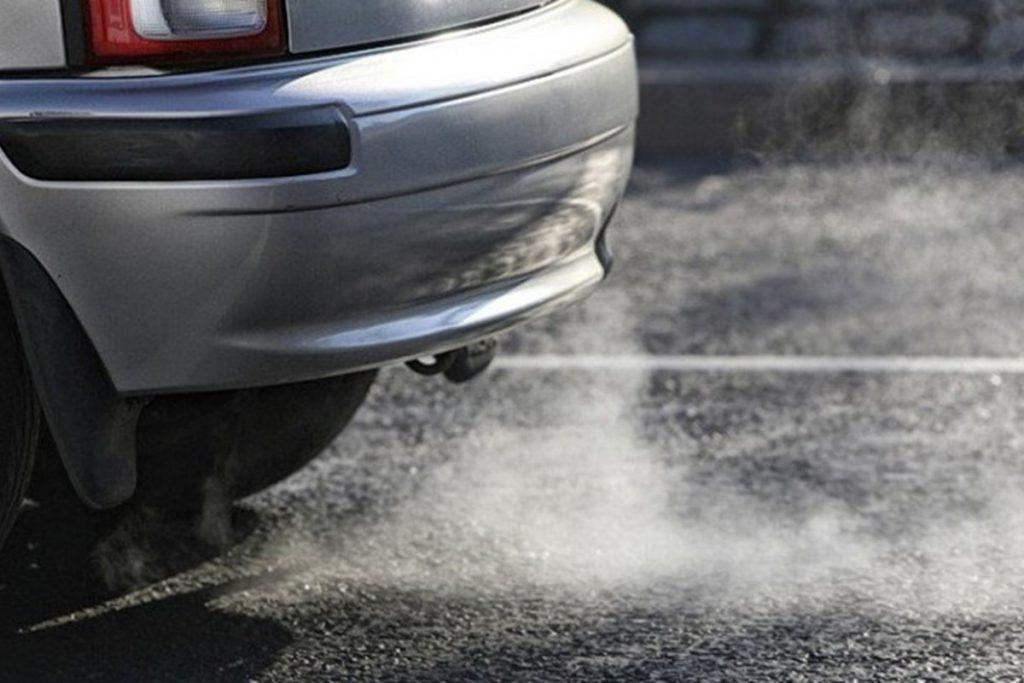
On the off chance that you put a substitution control plant in, you will regularly feel the delight of driving a completely fueled vehicle once more.
Frequently we don’t understand how much power the old function horse has lost.
With a naturally supplanted well performing motor, driving can turn into a delight once more. Also abstain from stopping always and watch that quick reducing oil level!
FAQs on Smoking Vehicles
-
How can I tell what type of smoke my vehicle is emitting?
You can identify the type of smoke by its color:
- Black smoke: Indicates a rich fuel mixture or excessive carbon buildup.
- White smoke: Suggests a coolant leak or burning coolant.
- Blue or gray smoke: Typically indicates burning oil or transmission fluid.
-
Is it safe to drive a smoking vehicle?
Continuously driving a smoking vehicle can be unsafe and harm the engine further. It’s recommended to have the issue diagnosed and repaired promptly to avoid more significant problems and reduce emissions.
-
What should I do if my vehicle is smoking?
If your vehicle is smoking, it’s essential to:
- Pull over safely and turn off the engine.
- Inspect for any visible leaks or damage.
- Check your engine oil and coolant levels.
- If you cannot identify the issue, call a tow truck or a mechanic for assistance.
-
Can I fix a smoking vehicle myself?
The complexity of fixing a smoking vehicle depends on the underlying issue.
Some problems may be simple, like changing an air filter, but others, like internal engine problems, may require professional diagnosis and repair.
It’s best to consult a qualified mechanic for proper assessment and repairs.
-
How can I prevent my vehicle from becoming a smoking vehicle?
Regular maintenance and inspections, including checking and changing engine oil, coolant, and air filters as recommended by your vehicle’s manufacturer, can help prevent many common causes of smoking vehicles.
Additionally, addressing issues promptly when they arise can prevent them from worsening.
Check out this video from Car Throttle to learn what your exhaust smoke is trying to tell you!
-
How do I know if the smoke from my vehicle is harmful to the environment?
The harm caused by the smoke from your vehicle depends on the type of smoke and its composition. Black smoke often contains particulate matter and can contribute to air pollution.
White or blue smoke may contain harmful chemicals or gasses. To assess the environmental impact, it’s best to have your vehicle inspected by a mechanic and repaired if necessary.
-
Can I drive my smoking vehicle to a repair shop, or should I have it towed?
It’s generally safer to have your smoking vehicle towed to a repair shop, especially if the cause of the smoke is uncertain. Continuing to drive a smoking vehicle can worsen the problem and potentially lead to engine damage or safety hazards.
-
Are there any legal regulations regarding smoking vehicles?
Many regions have laws and regulations in place to control emissions from vehicles, and smoking vehicles may be subject to fines or penalties.
It’s essential to comply with local emissions standards and have your vehicle repaired to meet these requirements.
-
How much will it cost to repair a smoking vehicle?
The cost of repairing a smoking vehicle can vary widely depending on the underlying issue.
Minor issues like a clogged air filter may be relatively inexpensive, while major engine or transmission repairs can be costly.
A mechanic can provide you with a more accurate estimate after diagnosing the problem.
-
Can smoking vehicle issues be covered by car insurance?
In some cases, car insurance may cover the cost of repairs if the smoking vehicle issue is related to an accident or specific types of damage covered by your policy. However, general wear and tear or maintenance-related issues are typically not covered by insurance.
You can follow us for more daily updated articles about car maintenance that you may be interested in, thousands of information can help your cars have a better use.

